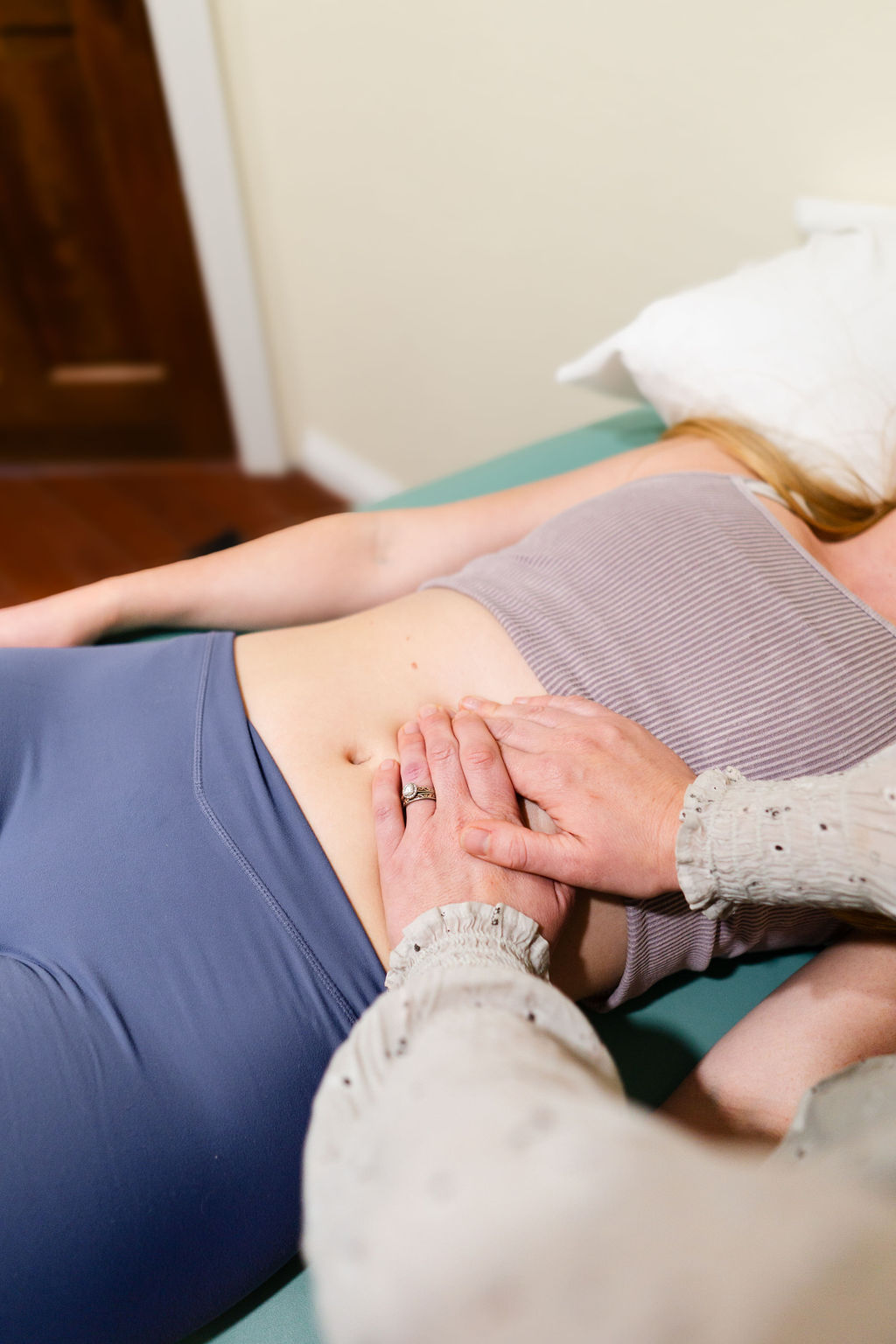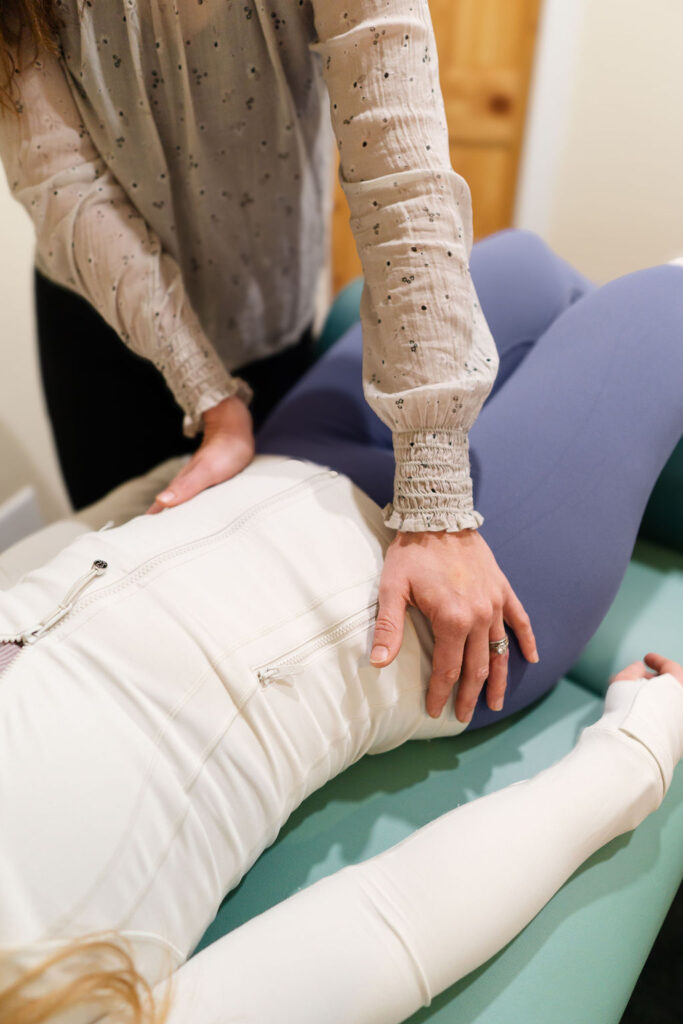Live Comfortably. Thrive Confidently.

Bowel dysfunctions can significantly impact daily life, causing physical discomfort, stress, and embarrassment. These issues often result from pelvic floor muscle problems, including weakness, tightness, or poor coordination. At Hidden Strength PT, I specialize in addressing the root causes of bowel dysfunctions through evidence-based pelvic floor physical therapy.
Common Types of Bowel Dysfunction
Fecal Incontinence
The inability to control bowel movements, leading to accidental leakage. This is often caused by weakened pelvic floor muscles or nerve damage.
Constipation
Difficulty passing stool, often accompanied by straining or a sensation of incomplete emptying. It may result from tight pelvic floor muscles or poor coordination.
Irritable Bowel Syndrome (IBS)
A condition causing abdominal pain, bloating, and changes in bowel habits, which can exacerbate pelvic floor dysfunction.
Pelvic Organ Prolapse
When the rectum or other pelvic organs drop out of their normal position, causing discomfort or difficulty with bowel movements.
Rectal Pain (Proctalgia)
Sharp or chronic pain in the rectum, often related to muscle tension or spasms in the pelvic floor.




Signs You May Have Bowel Dysfunction
It’s more than just “indigestion.”
Straining
Straining during bowel movements or difficulty passing stool.
Incomplete emptying
Feeling of incomplete evacuation after using the bathroom.
Strong urgency/leakage
Rushing to the bathroom because you aren’t sure if you will do make it, and sometimes don’t.
Food avoidance
Avoiding certain foods or activities due to bowel issues.
Rectal pain/pressure
Pain or pressure in the rectal or pelvic area before, during, or after.
Bloating
Chronic bloating or abdominal cramping/pressure.
How Pelvic Floor Physical Therapy Can Help
Bowel dysfunctions are often linked to problems with the pelvic floor muscles that support the rectum and intestines. Through targeted therapy, Hidden Strength PT can help restore muscle function, relieve pain, and improve bowel control.
Pelvic Floor Muscle Training
Strengthening or relaxing the pelvic floor muscles to improve bowel control and coordination.
Biofeedback Therapy
Real-time feedback helps you learn how to properly engage and relax the pelvic floor muscles during bowel movements.
Manual Therapy
Hands-on techniques to release tension in tight muscles and improve blood flow to the pelvic region.
Trigger Point Dry Needling
Targeting muscle knots to relieve tension and reduce rectal or abdominal pain.
Dietary and Lifestyle Counseling
Guidance on dietary changes, hydration, and fiber intake to support healthy bowel habits.
Behavioral Retraining
Teaching proper techniques for bowel movements to reduce straining and improve efficiency.
Electrical Stimulation
Stimulating nerves and muscles to improve muscle control and coordination for bowel function.
Why Choose Hidden Strength Physical Therapy
Why Choose Hidden Strength PT?
Convenient Colorado location with flexible scheduling options.
Experienced pelvic floor physical therapists specializing in bowel dysfunction.
Personalized treatment plans tailored to your specific needs.
Private, supportive environment to ensure your comfort and confidence.
